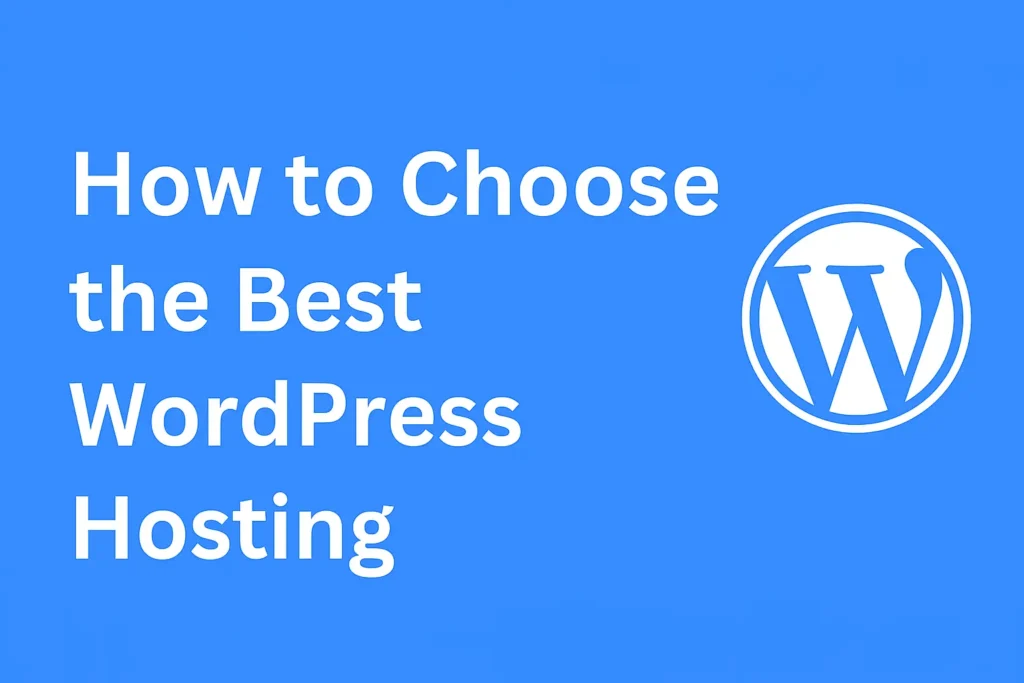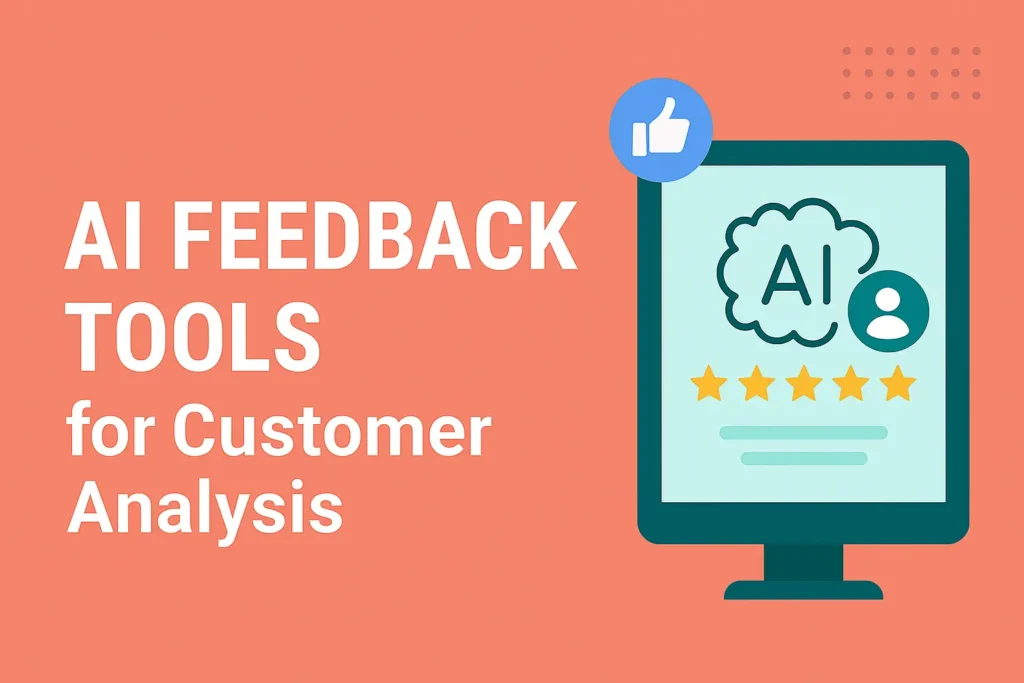Choosing the right hosting provider is one of the most critical decisions you’ll make for your WordPress website. The right host impacts your site’s speed, security, and reliability factors that directly affect your user experience and search engine rankings. With hundreds of options available, making the right choice can feel overwhelming.
This guide breaks down everything you need to know. We’ll explore the essential factors to consider, explain the different types of hosting, and compare some of the top providers on the market. Whether you’re just learning how to start a blog or scaling an online store, this article will help you make an informed decision.
🚨 Black Friday Editor’s Pick: The “Hands-Off” Hosting Deal
If you are looking for a hosting provider because you want to launch a site now but don’t want to deal with the technical setup, this is the best deal of 2025.
WordPress.com is currently offering a bundle that solves the biggest hurdle for new website owners: building the actual site.
- The Deal: Get 10% off the Business Plan.
- The Bonus: Free “Done-For-Me” Website Build (Value: $499).
- Why we picked it: Most hosting providers give you a server and leave you to figure out the design. With this limited-time offer, their team will actually set up your homepage for you. It’s the easiest way to go from “idea” to “live website” without hiring a developer.
👉 Claim the “Done-For-Me” Website Deal Here (Offer expires December 1st)
Key Factors for Choosing a WordPress Host
Before you look at specific providers, you need to understand the core pillars of quality hosting. Here are the non-negotiable factors to evaluate.
1. Performance and Reliability
A slow website is a failing website. Performance is determined by server speed and uptime.
- Speed: Fast loading times are crucial for keeping visitors engaged and for SEO. Look for providers that use modern technology like SSD storage (specifically NVMe SSDs), LiteSpeed servers (which are faster than traditional Apache servers), and built-in caching.
- Uptime: This is the percentage of time your website is online and accessible. The industry standard is a 99.9% uptime guarantee. Anything less is a red flag.
2. Customer Support
When something goes wrong, you need fast and effective help. Evaluate the hosting provider’s support channels. Do they offer 24/7 live chat, phone, and email support? A strong support team can save you from hours of frustration. Check user reviews to gauge the quality and responsiveness of their support team.
3. Security Features
WordPress is the world’s most popular CMS, which also makes it a prime target for hackers. Your host is your first line of defense. Essential security features include:
- Free SSL Certificate: Encrypts data between your site and visitors (essential for security and SEO).
- Web Application Firewall (WAF): Blocks malicious traffic before it reaches your site.
- Malware Scanning: Regularly checks your site for malicious code.
- Automatic Backups: Creates regular copies of your site so you can restore it quickly if anything goes wrong.
4. Scalability and Flexibility
Your hosting plan should be able to grow with your website. A good provider makes it easy to upgrade your plan (e.g., from shared hosting to a VPS) as your traffic increases. This ensures you only pay for the resources you need without having to switch companies down the line.
5. Ease of Use
Your hosting control panel is where you’ll manage your website. Look for providers with an intuitive, user-friendly interface like cPanel or a well-designed custom panel (hPanel is a great example). Features like a one-click WordPress installer can save you significant time and effort during setup.
Understanding the Types of WordPress Hosting
WordPress hosting isn’t one-size-fits-all. The type you choose depends on your budget, traffic, and technical expertise.
- Shared Hosting: This is the most affordable option, perfect for new websites and blogs. You share server resources with other websites. Analogy: It’s like living in an apartment building where you share utilities with other tenants. It’s cheap, but a noisy neighbor can affect your experience.
- VPS (Virtual Private Server) Hosting: A step up from shared hosting. You still share a physical server, but you get a dedicated virtual portion of its resources. Analogy: This is like owning a townhouse. You share the property, but your space and resources are your own.
- Dedicated Hosting: You rent an entire physical server exclusively for your website. This offers maximum performance, security, and control but comes at a high price. Analogy: This is like owning a standalone house. All the resources and property are yours alone.
- Managed WordPress Hosting: A specialized service where the provider handles all technical aspects of WordPress, including security, updates, backups, and performance optimization. It’s more expensive but offers a completely hands-off experience. This is one of the best options for small businesses that want to focus on growth, not server maintenance.
Top WordPress Hosting Providers for 2025
Here’s a breakdown of our top recommended hosting providers, each excelling in a different area.
1. Bluehost: Best for Beginners
Bluehost is one of the oldest and most recognized names in web hosting and is officially recommended by WordPress.org. Its guided setup and user-friendly dashboard make it an ideal choice for first-time website owners.
- Features: Free domain for the first year, free SSL, automatic WordPress installation and updates, custom cPanel dashboard.
- Best For: Beginners who want a simple, reliable, and straightforward hosting experience.
| Plan | Introductory Price | Key Features |
| Basic | $2.95/mo | 1 Website, 10 GB SSD Storage |
| Choice Plus | $5.45/mo | Unlimited Websites, 40 GB SSD Storage, Daily Backups |
| Pro | $13.95/mo | Unlimited Websites, 100 GB SSD Storage, Optimized CPU Resources |
For a more detailed analysis, check out our full Bluehost review.
2. Hostinger: Best for Users on a Budget
Hostinger has made a name for itself by offering incredibly low-priced plans without sacrificing performance. By using LiteSpeed servers and their intuitive hPanel, they provide excellent value for money.
- Features: Free SSL, free email, weekly or daily backups, 99.9% uptime guarantee, intuitive hPanel.
- Best For: Bloggers, small businesses, and anyone needing solid performance on a tight budget.
| Plan | Introductory Price | Key Features |
| Premium | $2.99/mo | 100 Websites, 100 GB NVMe Storage, Weekly Backups |
| Business | $3.99/mo | 100 Websites, 200 GB NVMe Storage, Daily Backups, Increased Performance |
| Cloud Startup | $9.99/mo | 300 Websites, Dedicated Resources, Daily Backups |
Dive deeper into its features with our complete Hostinger review.
3. WP Engine: Best for Managed WordPress Hosting
WP Engine is a premium, managed WordPress hosting provider built for performance and security. They handle all the technical details, allowing you to focus on your business. It’s a top-tier solution for businesses that can’t afford downtime.
- Features: Proactive threat blocking, automated daily backups, proprietary EverCache® technology for speed, free automated migrations, and global CDN.
- Best For: Serious businesses, high-traffic blogs, and e-commerce stores that need best-in-class performance, security, and support.
| Plan | Starting Price | Key Features |
| Startup | $30/mo | 1 Site, 25,000 Monthly Visits, 10 GB Storage |
| Professional | $79/mo | 3 Sites, 75,000 Monthly Visits, 15 GB Storage |
| Growth | $140/mo | 10 Sites, 100,000 Monthly Visits, 20 GB Storage |
Learn more in our detailed WP Engine Review.
Conclusion: Making Your Final Choice
There is no single “best” WordPress hosting provider for everyone. The right choice depends entirely on your unique needs:
- For Beginners: Bluehost offers the most user-friendly onboarding experience.
- For Tight Budgets: Hostinger provides the best performance for the lowest price.
- For Performance & Scalability: WP Engine is the undisputed leader for businesses that require rock-solid reliability and speed.
By evaluating your goals against the key factors of performance, support, security, and price, you can confidently select a provider that will serve as a strong foundation for your website’s success. For those building an online store, be sure to also check our list of the best WooCommerce themes to complement your high-performance hosting.






